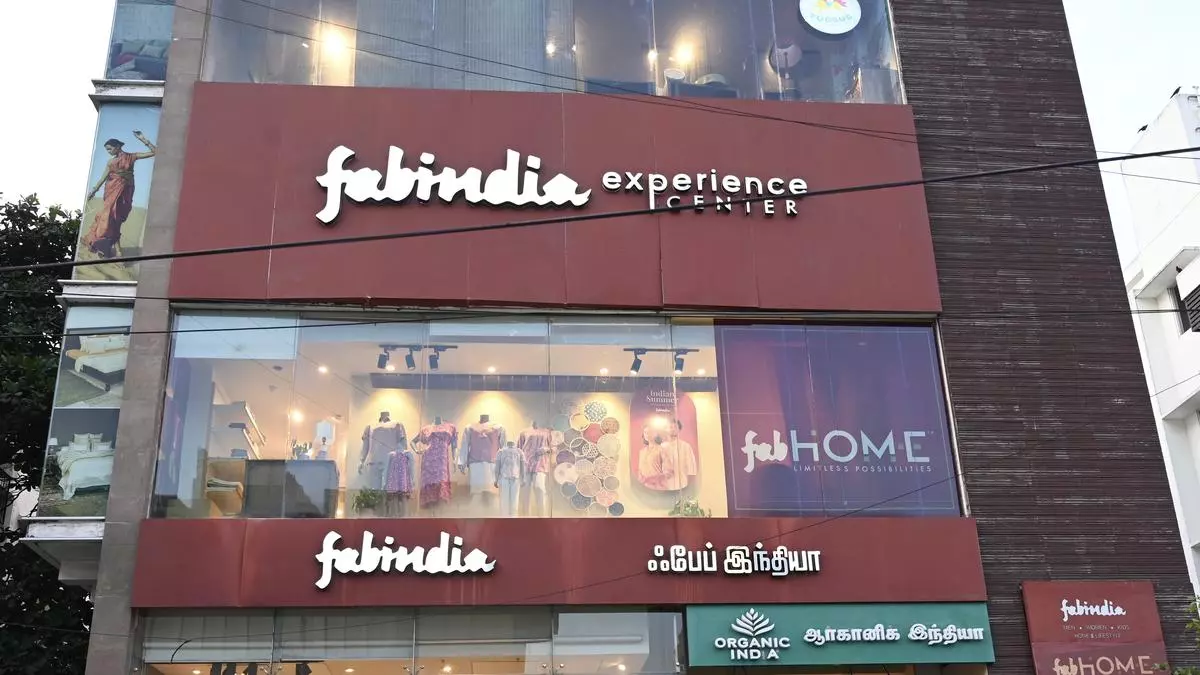The Tata Group plans to either buy a potential stake or acquire the ethnic apparel business of Fabindia. The acquisition may be valued lower than the $2.5 billion as estimated during Fabindia's abandoned initial public offering.
If the deal proceeds, it could become one of the largest transactions in the segment, following Aditya Birla Fashion Retail's acquisition of a controlling stake in TCNS Clothing last year. The acquisition would strategically complement the existing portfolio of the Tatas in the ethnic wear market, with Trent, their retail arm, already offering apparel under brands like Westside, Zudio, and Utsa.
Fabindia's dedication to traditional techniques and sustainably sourced, hand-woven fabrics aligns well with the ethos of the Tata Group. Known for its ethnic products crafted by artisans from rural India, the company was founded in 1960 by John Bissell, an American who came to India to work with the Ford Foundation.
The brand is valued at over Rs. 17,000 crore, and has over 400 stores across India and abroad. Initially starting as a small export company selling handmade textiles and home furnishings to foreign buyers, Fabindia shifted its focus to the domestic market in the 1970s and began opening retail stores in major Indian cities. The brand has significantly boosted rural employment in Indian villages.
Adhering to traditional Indian methods and materials in its products, Fabindia has collaborated closely with local artisans to craft high-quality textiles, clothing, and home decorations that showcase India's cultural richness. Over time, the brand has expanded its range to include a diverse array of products such as clothing, accessories, beauty items, and organic foods.
With a presence in international markets like the United States, Singapore, and Dubai, Fabindia has grown significantly. A key factor responsible for the brand’s success has been its strong commitment to ethical and sustainable practices. The company ensures fair wages and safe working conditions for its suppliers and prioritises eco-friendly materials and packaging.
Latest Publications






























